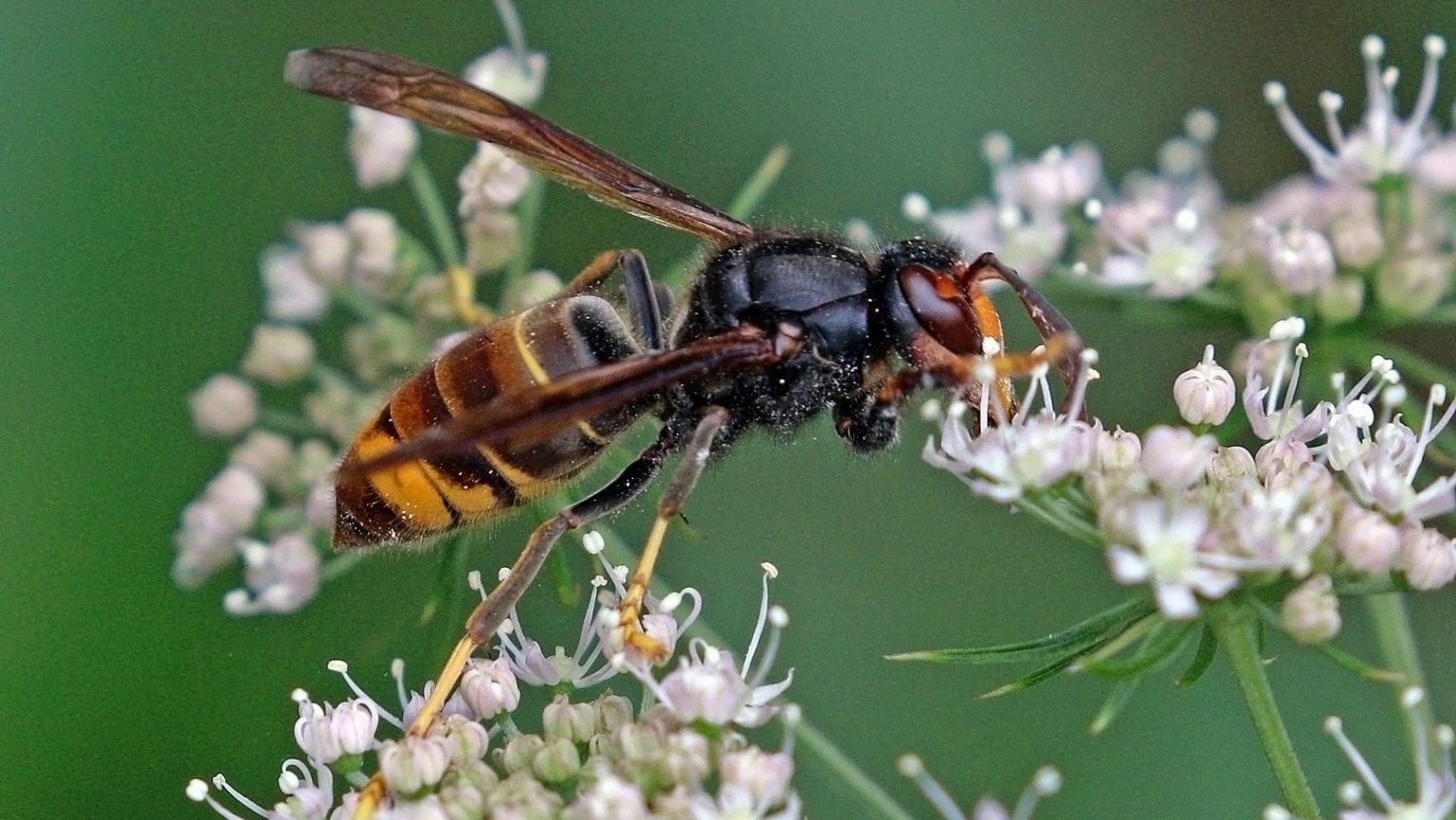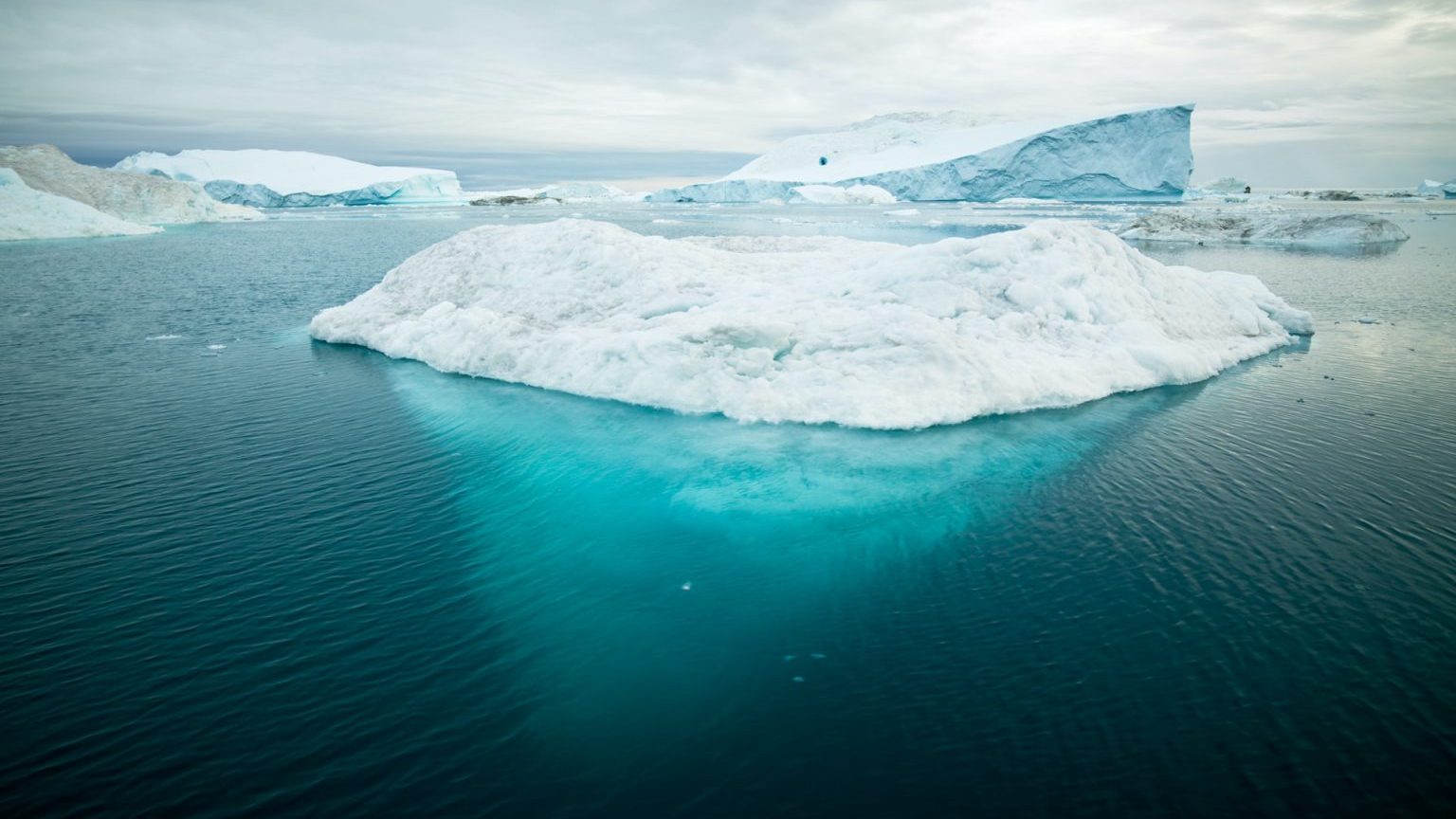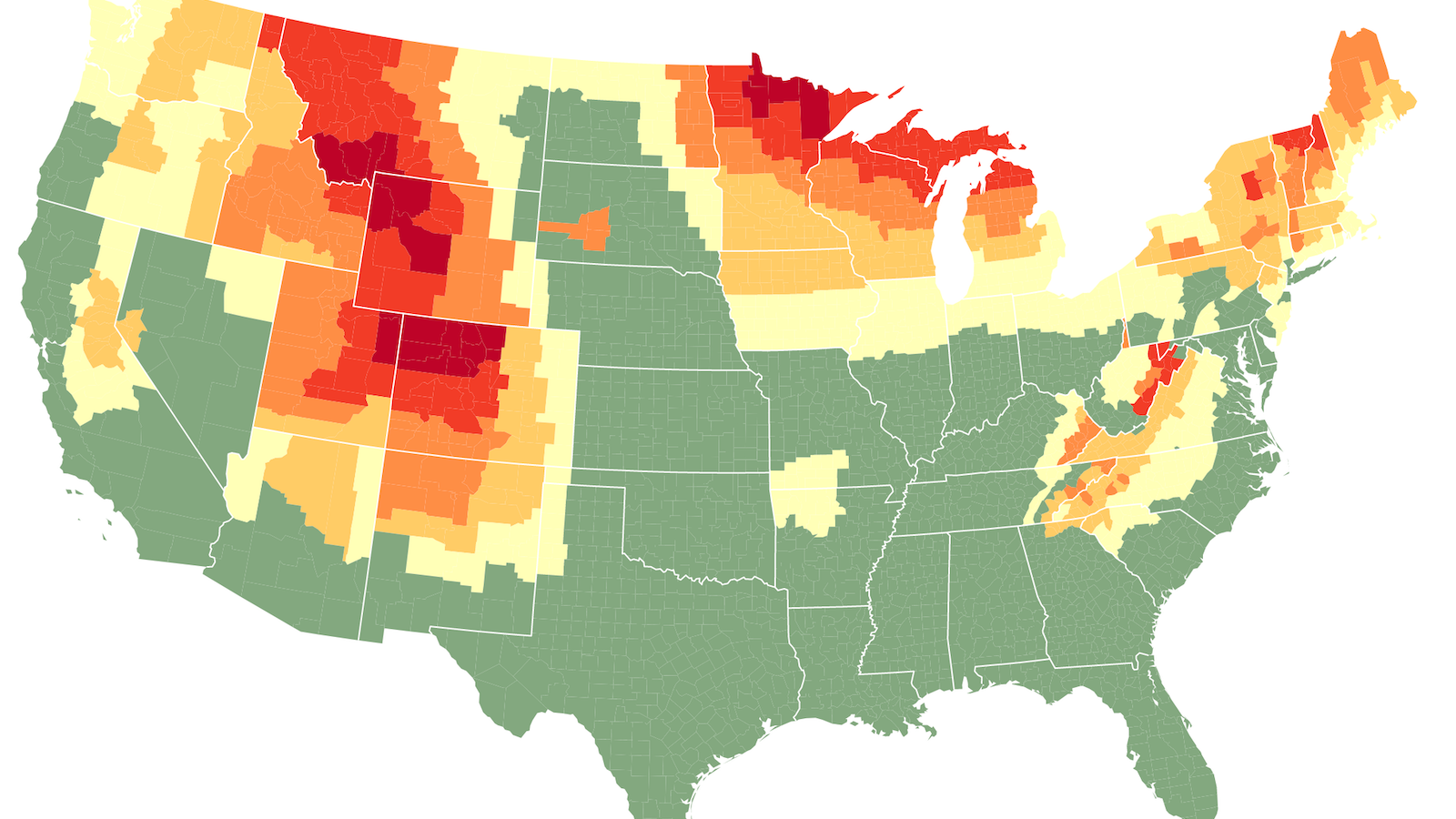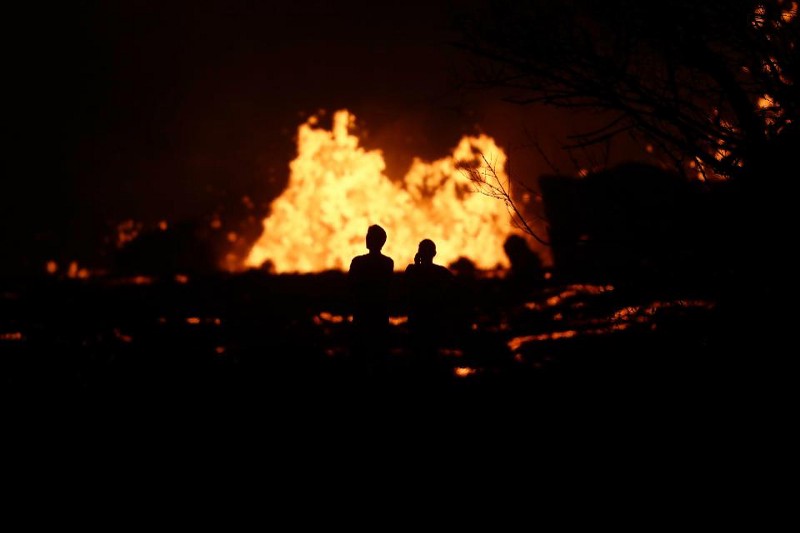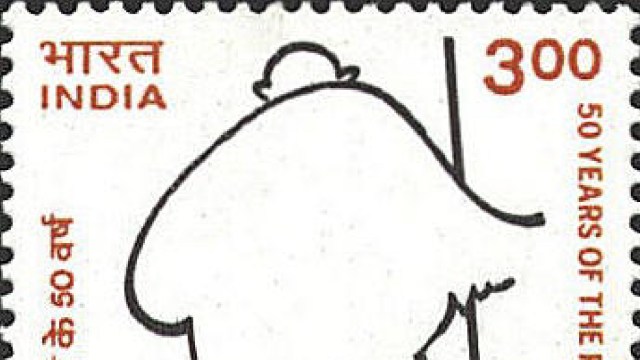371 – Charting the Cherry Blossom Front

“The man of breeding never appears to abandon himself completely to his pleasures; even his manner of enjoyment is detached. It is the rustic boors who take all their pleasures grossly. They squirm their way through the crowd to get under the trees; they stare at the blossoms with eyes for nothing else; they drink sake and compose linked verse; and finally they heartlessly break off great branches and cart them away. When they see a spring they dip their hands and feet to cool them; if it is snow, they jump down to leave their footprints. No matter what the sight, they are never content merely with looking at it.”
This lament by the Japanese author Yoshida Kenkō (ca. 1285 – ca. 1350) in his classic, Tsurezuregusa (‘Essays in Idleness’), mentions the typically Japanese tradition of hanami (cherry blossom viewing). The blooming of cherry trees (which in Japanese are called sakura) is anticipated by the Japanese with such an eagerness that it prompts the national weather bureau to forecast and chart the progress of the sakurazensen (‘cherry blossom front’) across the Japanese archipelago, south to north.
This is such a map, showing this year’s sakurazensen over the last and coming few weeks, colour-coded to reflect the transition of greens to pinks that accompanies the blossoming of the hanami.

On 20 March, the cherries blossomed over most of the southern island of Kyushu (except its southern part), the western half of Shikoku and the teensiest bit of southern Honshu, the Japanese main island. By the 25th of March, the sakurazensen reached the southern third of Honshu, taking in many of the larger cities of Japan. By the end of March – which is just around now – the cherry blossom front has moved up north to include Tokyo. All during April, the sakurazensen will creep north on Honshu, jumping across to the northern island of Hokkaido by the end of April. By the 10th of May, the cherry trees will finally blossom across most of Japan’s northern island – by which time the hanami season in the south will be long gone, the blooms lasting only two weeks at most…
Many thanks to Sara Velas for pointing me to this map, found on the Some Landscapes blog (questioning landscapes in the arts), to which I am also indebted for the Kenkō quote.
